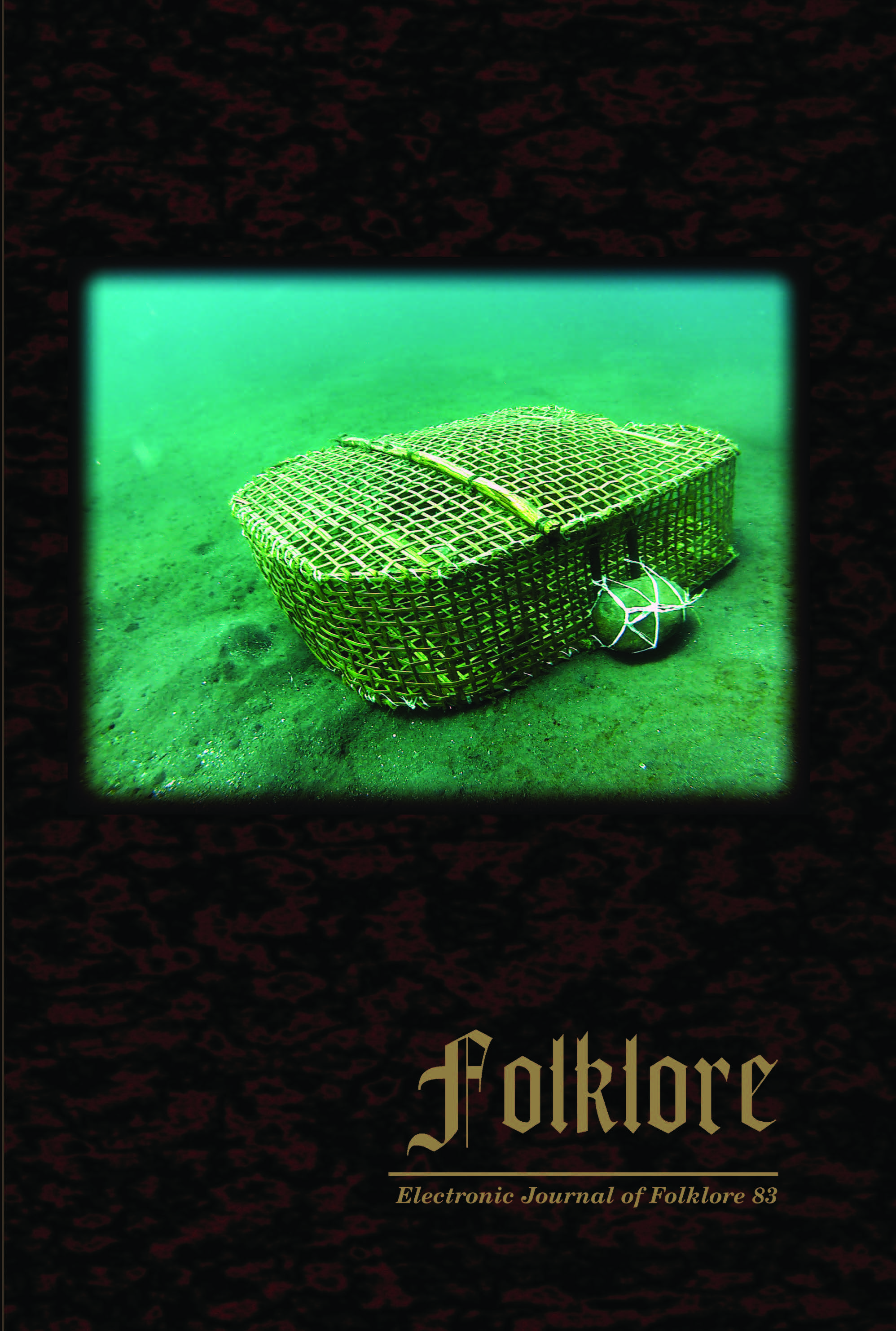Traumatization of the Past and Martyrological Thinking in the Soviet Union and the Post-Soviet Space
Traumatization of the Past and Martyrological Thinking in the Soviet Union and the Post-Soviet Space
Author(s): Daniil Aleksandrovich AnikinSubject(s): Customs / Folklore, Cultural Anthropology / Ethnology, Culture and social structure , History of Communism, Post-Communist Transformation, Sociology of Religion, Politics of History/Memory
Published by: Eesti Kirjandusmuuseum
Keywords: civil religion; identity; martyrological thinking; martyrs; memory studies; post-Soviet space; sacralization; Soviet Union; traumatization;
Summary/Abstract: The purpose of the article is to analyze the mechanisms of the transformation of martyrological thinking in the Soviet Union and in post-Soviet Russia. The methodological basis of the study is constituted by the works written by the representatives of functionalism (E. Durkheim, M. Halbwachs, P. Bourdieu, J.C. Alexander), who raise the issue of the important role of religious rituals and forms of thinking in social space. Martyrological thinking creates martyrdom cults, performing an ambivalent function. On the one hand, this thinking is a way to maintain a collective identity, and on the other, a way to damage and destroy it. The author concludes that in Soviet society two main stages that formed martyrdom cults can be distinguished: the periods of the Civil War and the Great Patriotic War. In both cases, martyrological thinking was an important factor in the consolidation of the society. In post-Soviet society, martyrological thinking becomes a factor that causes the deconstruction of the symbolic space and a hidden factor in the destabilization of the political organization. The perception of the conservative part of the Russian society is expressed in the formation of the cult of the last Russian emperor, Nicholas II, which, on the one hand, allows to mitigate the historical responsibility, and on the other becomes a moral justification for criticizing the continuity of modern Russian power in relation to the Soviet Union.
Journal: Folklore: Electronic Journal of Folklore
- Issue Year: 2021
- Issue No: 83
- Page Range: 47-62
- Page Count: 16
- Language: English

